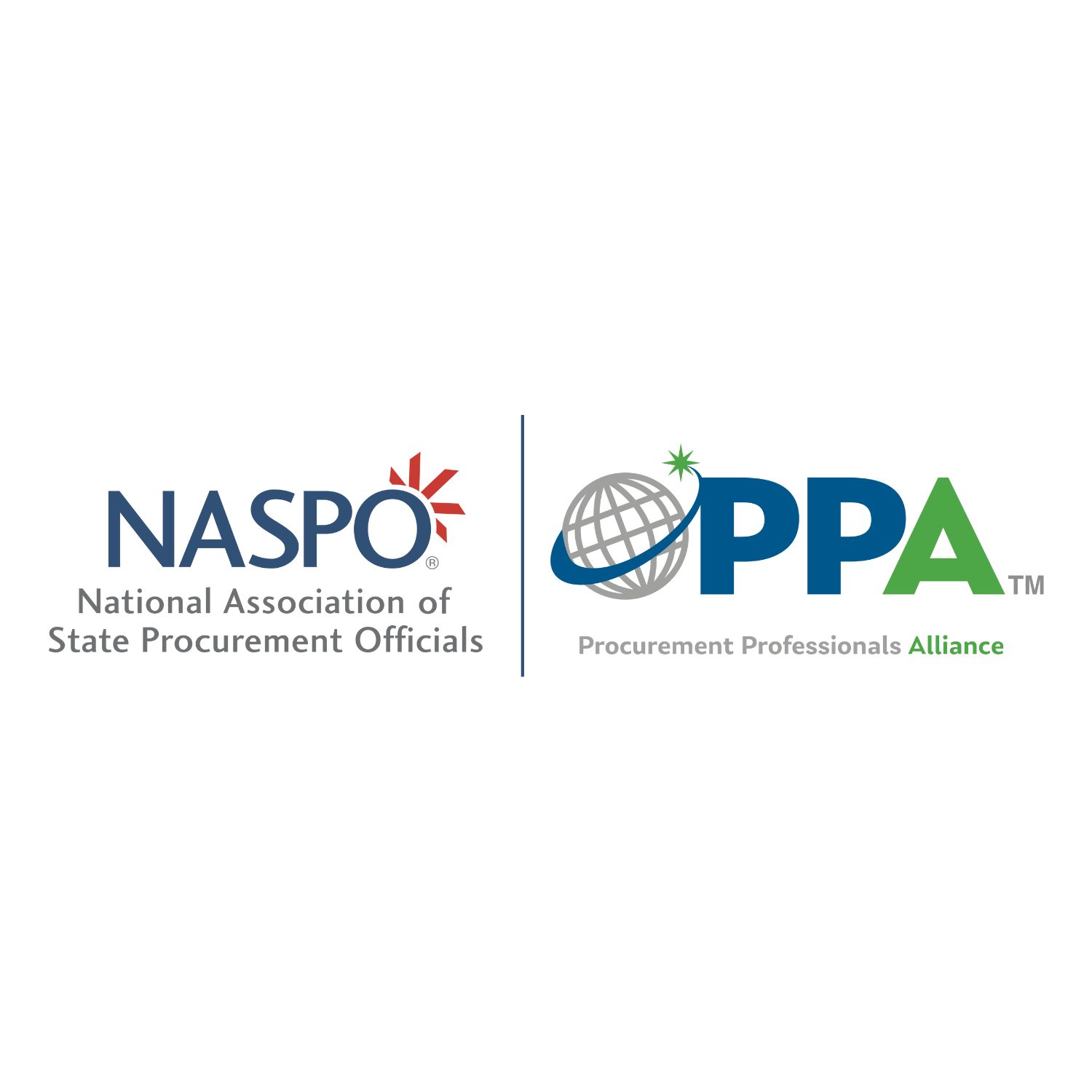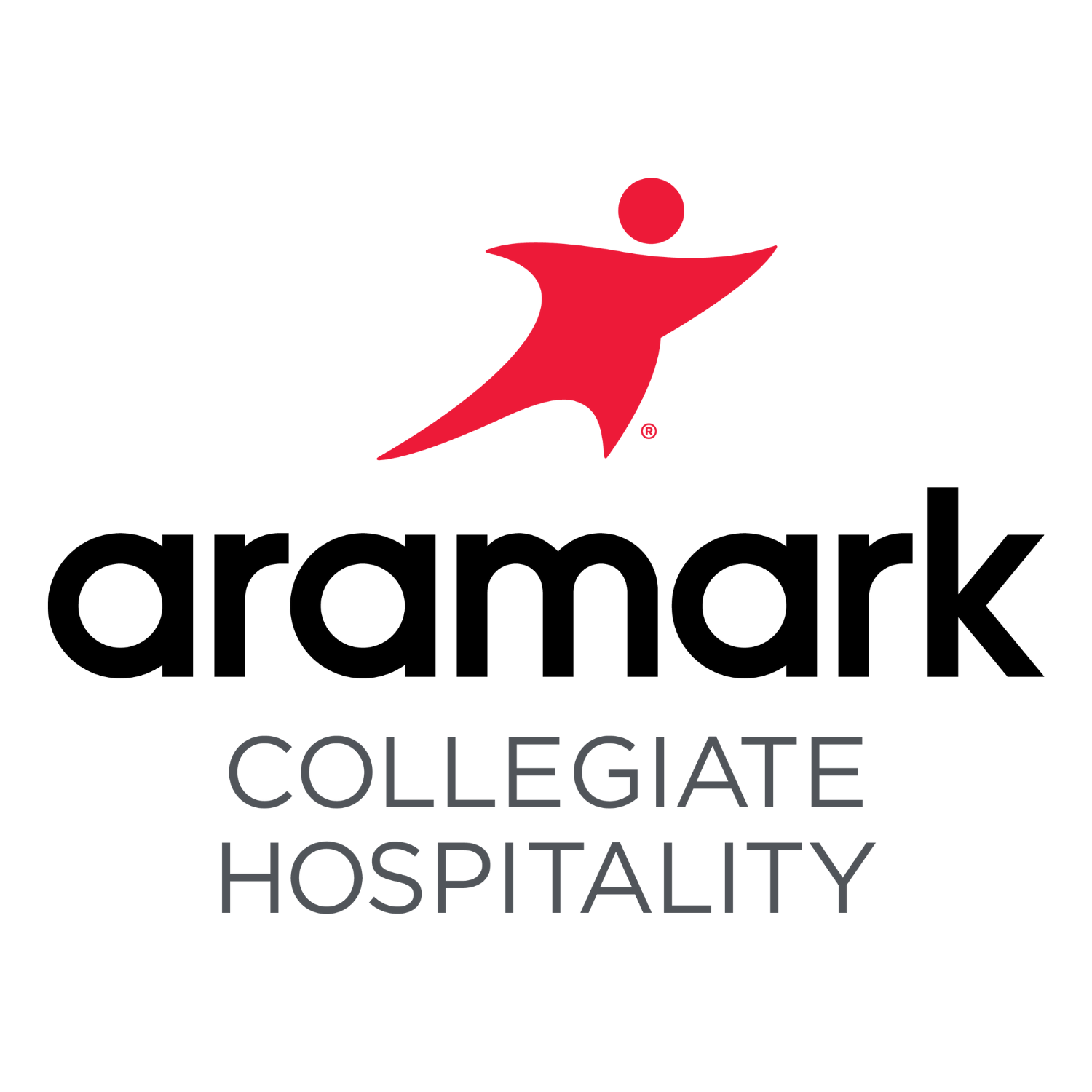Concurrent Sessions I | April 15 | 10:10 AM – 11:00 AM
< Back to Schedule
Session 1A: Building the School Without Walls: Planning for Fast-Growing Programs | 1 CPE Credit
Description
Institutions are responding quickly to market and political pressure to educate tech workers who can solve challenging interdisciplinary problems, yet they must build these programs and the facilities and resources to support them with care and flexibility to meet an unknown future. While these interdisciplinary programs are valuable to institutions and offer more opportunities for students, they often run counter to academic and institutional norms and systems (financial, academic, administrative, etc.) which may not be set up to incentivize or support rapid growth. This session looks at the process of space programming, design, and construction of a building for the new School of Data Science at the University of Virginia (which more than quadrupled in size during the process) to provide a critical case study illuminating both the challenges and opportunities for institutions navigating similar growth. Participants will discover strategies for navigating administrative, financial, and academic systems while planning for rapid interdisciplinary growth that aligns with institutional vision, connects community, leverages partnerships, and adapts to emerging needs through the process.
Learning Objectives
- Facilitate partnerships across institutions and beyond to advance new academic programs and help them to define an identity that will propel institutional backing, fundraising, and the creation of a visionary home.
- Support emerging academic programs as they grow and respond to rapidly changing needs throughout the development process.
- Anticipate the ways in which emerging programs may challenge institutional norms and processes and chart a course for piloting strategic changes.
Speakers
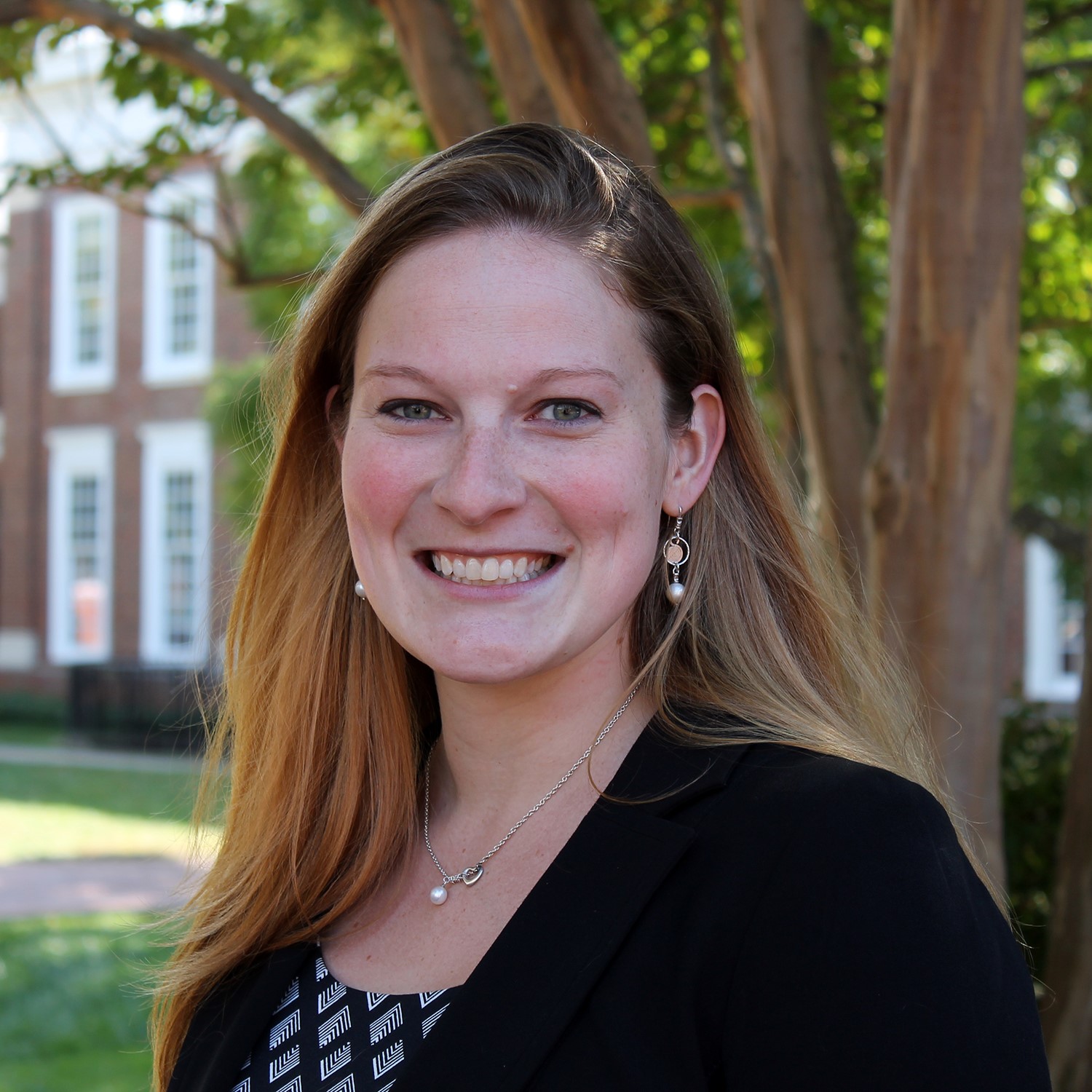 Arlyn Burgess, Associate Dean for Administration for School of Data Science, University of Virginia Arlyn Burgess, Associate Dean for Administration for School of Data Science, University of Virginia
Arlyn serves as the Associate Dean for Administration for the School of Data Science at UVA, which enables data science work throughout the University and coordinates educational and data-driven research programs. Arlyn oversees operational stability of the school, including management of the budget and an endowment of more than $180 million. She directs new initiatives driven by interdisciplinary interest in data. As the first full-time staff member of the Data Science Institute in 2014, Arlyn helped lead the growth of the organization and coordinate the transition from the DSI to the School of Data Science in 2019, made possible in part by the largest private gift in University history. Envisioned as a "school without walls", it is designed as an open ecosystem that fosters interdisciplinary research, teaching and partnerships across the University, with the private sector, and with governmental entities. Arlyn serves on the Governor's Data Sharing and Analytics Advisory Committee for the Commonwealth of Virginia and holds degrees from Northwestern University and UVA.
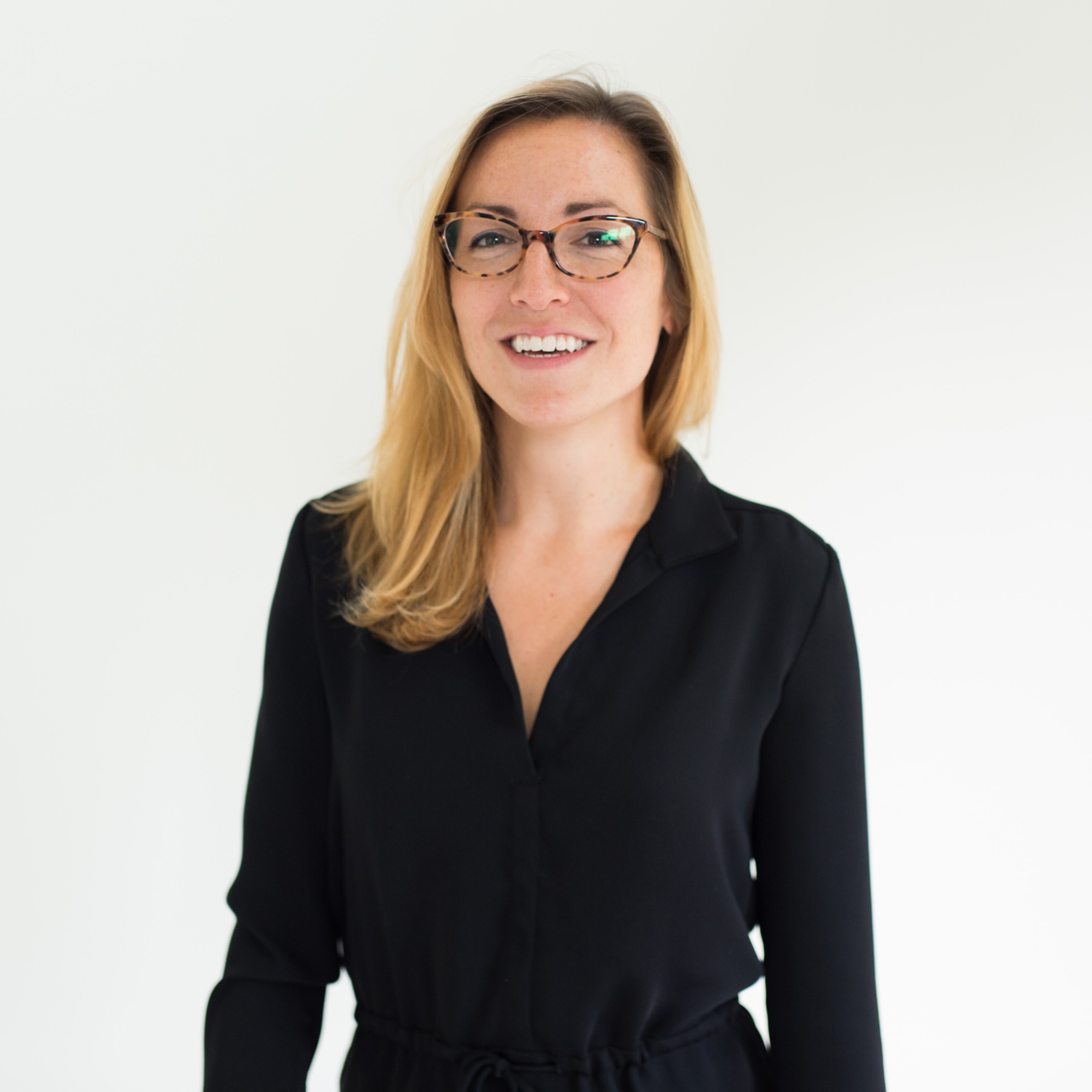 Lauren Shirley, Senior Associate, VMDO Lauren Shirley, Senior Associate, VMDO
At VMDO, Lauren is primarily a project architect and project manager for complex projects for higher education clients. She oversaw the design of UVA's Student Health and Wellness Center, and is currently the project manager for UVA's School of Data Science Facility and the Roanoke College Science Center. Her practice has focused on learning environments, but also provided wide-ranging experience in domestic and international projects in planning and urban design, healthcare, arts, corporate environments, and hospitality. She brings a balance of creativity, passion, and determination to all her work, while keeping an open mind in all endeavors. She has taught at Wentworth Institute of Technology and the Boston Architectural College, where her research focused on the implementation of green technologies in architecture, and the relationship between resource extraction and urban development.Lauren graduated from the University of Michigan in 2011 with a Masters in Architecture and earned licensure in the state of Massachusetts in 2014. After 6 years in Boston working for RMA and NBBJ Architects, Lauren joined VMDO in 2017.
< Back to Schedule
Session 1B: Best Practice Session: Analyzing Affordability's Impact on Retention | 1 CPE Credit
Description
When students exit with excessive debt, neither they nor their institution benefit. Identifying these students early in their academic career is key to effective interventions, and yet there exist significant barriers to early identification. Join Chief Information Officer Penny Evans-Plants and Director of Enterprise Analytics Zach Sherwin as they explore how Berry College was able to swiftly implement analytics solutions which addressed both cultural and technical barriers, generating rapid ROI for both Berry College and our students.
Learning Objectives
- Identify elements of your institution's culture that limit the effectiveness of analytical work.
- Describe an agile analytics design strategy that prioritizes rapid deliverables and ROI.
- Apply analytics design strategies to create a lightweight analytics implementation plan.
Speakers
 Zach Sherwin, Director of Enterprise Analytics, Berry College Zach Sherwin, Director of Enterprise Analytics, Berry College
Zach Sherwin has over thirteen years of experience as a data professional; most recently, he serves as Berry College's Director of Enterprise Analytics. He received his Masters of Science in Information Systems from Kennesaw State University and plays an active role in a variety of data communities. An accomplished speaker who is passionate about connecting technical topics to real-world outcomes, Zach is excited to help Berry achieve value from its investments in analytics and data through his focus on actionable outputs, risk management, and effective data culture management.
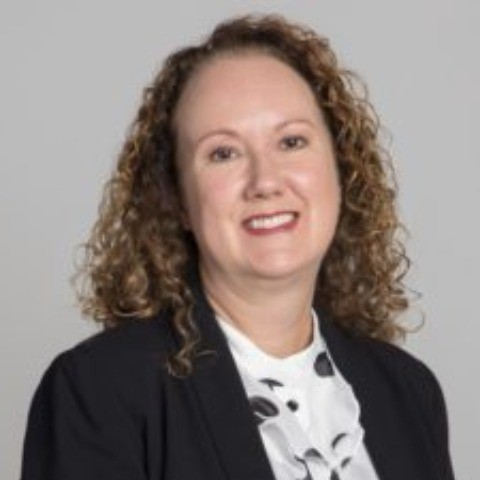 Penny Evans-Plants, Chief Information Officer, Berry College Penny Evans-Plants, Chief Information Officer, Berry College
Penny Evans-Plants is the Chief Information Officer at Berry College, a small, private, liberal arts college with 2,220 students located in Northwest Georgia. Penny serves as the Educause Small College Community Group co-leader and as the board secretary for the Higher Education Systems and Services Consortium (HESS).
< Back to Schedule
Session 1C: Best Practice Session: The Talent Pipeline: How USM Is Prioritizing the Employee Experience | 1 CPE Credit
Description
In today's challenging labor market, institutions have been grappling with unfilled positions, soaring turnover rates, and a growing talent deficit. This presentation delves into a 10-year case study of one state's public sector employees, revealing how retirements are a shrinking percentage of overall resignations. Additionally, we explore the CPA Pipeline, a talent shortage identified by the AICPA and NASBA for accountants, and the strategies they employ to address it. Finally, we will examine the profound impact of the 'Great Resignation' on higher education institutions and how the University of Southern Mississippi used its "Southern Miss Employee Advantage" as a strategic approach of talent optimization to tackle turnover and recruitment challenges resulting in a Forbes designation as a "Best in State" employer. Join us as we unravel the complexities of the current labor market landscape and discover innovative solutions to these pressing issues.
Learning Objectives
- Understand the shift in workforce dynamics: Participants will gain insight into the current labor market challenges, including unfilled positions, high turnover rates, and the emergence of resignation as the leading cause of separation.
- Examine the CPA pipeline issue: Participants will explore the CPA Pipeline problem identified by the AICPA and NASBA, and understand the causes and consequences of the talent shortfall in the accounting profession.
- Discover strategies for addressing talent shortages: Participants will learn how USM used their "Southern Miss Employee Advantage" to prioritize the employee experience and mitigate talent challenges.
Speakers
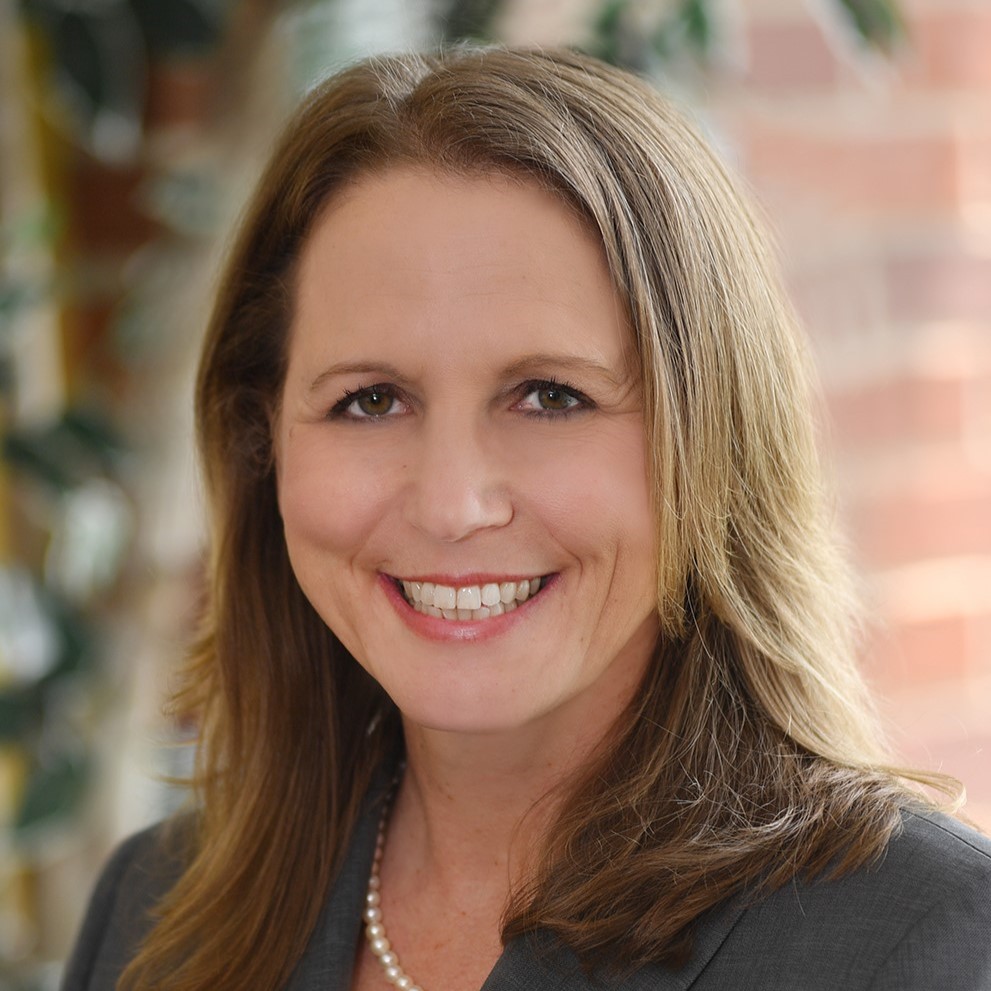 Krystyna Varnado, Sr AVP and Chief Human Resources Officer, The University of Southern Mississippi Krystyna Varnado, Sr AVP and Chief Human Resources Officer, The University of Southern Mississippi
Ms. Varnado has a 20+-year career of progressive human resources management experience in multiple industries and diverse environments. At USM, Ms. Varnado is the Chief Human Resources Officer for all USM campuses. Ms. Varnado is a native of the Gulf Coast and attended The University of Southern Mississippi receiving both a bachelor's degree in psychology and an MBA. She also has a graduate certificate in Conflict Resolution and Reconciliation from Abilene Christian University. She has both a SHRM-SCP and SPHR certification and is a national member of the Society for Human Resources Management (SHRM) and College & University Professional Association- Human Resources (CUPA-HR).
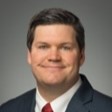 Wil Crawford, Partner, FORVIS Wil Crawford, Partner, FORVIS
Wil has over 17 years of experience providing audit and accounting services to telecommunications, governmental, nonprofit, and higher education clients. Wil also serves as the nonprofit, education, and public sector industry leader for FORVIS' Jackson office. He has served as the in-charge, manager, and engagement executive for compliance Single Audits under OMB Circulars for various hospitals, universities, governmental agencies, and nonprofit agencies. Wil is a member of the AICPA and Mississippi Society of CPAs (MSCPA). He was awarded the Silas M. Simmons Bronze Medal for the 2007 CPA Exam. He also has served as president of the MSCPA Young CPAs, chair of the MSCPA Governmental A&A Committee, millennial chair of the MSCPA Long Range Planning Committee, an MSCPA board member, and was the 2015 winner of the MSCPA Rising Star Award. He is also a member of the Association of Government Accountants. He previously served as treasurer on the board of directors of the Central Mississippi Chapter of the Mississippi State University Alumni Association and currently serves as chair of the Madison United Methodist Church administrative council and as a board member for Habitat for Humanity Mississippi Capital Area.Wil is a summa cum laude graduate of Mississippi State University, with a B.S. degree in accounting and an M.Acc. degree.
< Back to Schedule
Session 1D: So You Don't Want to be a CFO? Finding Alternative Career Paths in Higher Education | 1 CPE Credit
Description
This is a panel discussion on the various paths for persons with aspirations outside of the CFO role. Speakers will highlight how to prepare for an alternative pathway, and share successes, failures, and lessons learned. Participants will identify one action step they can take to prepare for career advancement.
Learning Objectives
- Identify alternate career paths within higher education.
- Learn what preparation and transferable skills can facilitate progression in alternate career paths.
- Each participant will determine one action step they can take now to prepare for career advancement.
Speakers
Steve Kimanta
Steve Kimata currently serves as the Associate Vice Provost for Enrollment and Student Financial Services. He has held several positions at the University of Virginia for the past 40 years. Most recently he served as the Assistant Vice President for Finance and University Comptroller. Before working at UVA, he was a Certified Public Accountant in Charlottesville, VA. Steve has a Masters of Business Administration from James Madison University and a Bachelors of Science from the University of Virginia. He is an active member of several professional organizations including NACUBO and NASFAA.
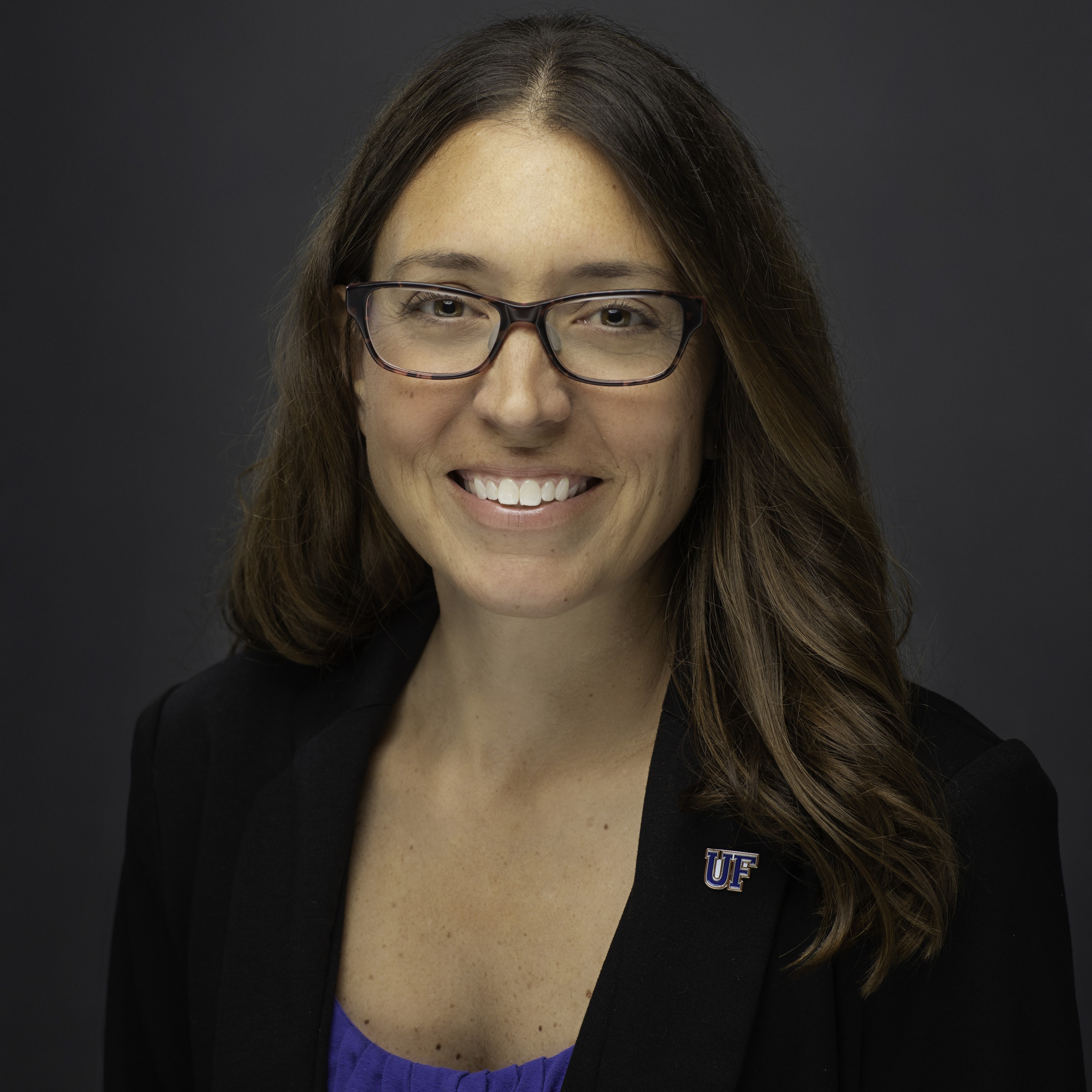 Brandi Renton, Associate Vice President, Business Affairs, University of Florida Brandi Renton, Associate Vice President, Business Affairs, University of Florida
Brandi Renton is currently the Associate Vice President for Business Affairs at the University of Florida. As AVP, she is responsible for Business & Finance, Communications & Marketing, Events & Permitting, Small Business Supplier Diversity, Environmental Health and Safety, Transportation and Parking Services, and Technical Services. Renton joined the University of Florida from the University of North Texas (UNT), where her previous role was Senior Associate Vice President of Administrative Services. She served as a key leader for UNT in operational and administrative roles for more than 12 years and led UNT through the challenges of the COVID-19 pandemic. While at UNT, Renton led a strategic partnership with Toyota Inc. to provide process improvement collaborative initiatives and training programs. Renton has more than eight years of private-sector experience in the services industry providing resources to union/non-union organizations.She is a SACUBO Constituent member and a past board member and a frequent presenter at conferences. Renton earned a bachelor’s in Industrial Health and Safety from Oakland University in Rochester, Michigan, and an MBA from Lawrence Technological University in Southfield, Michigan.
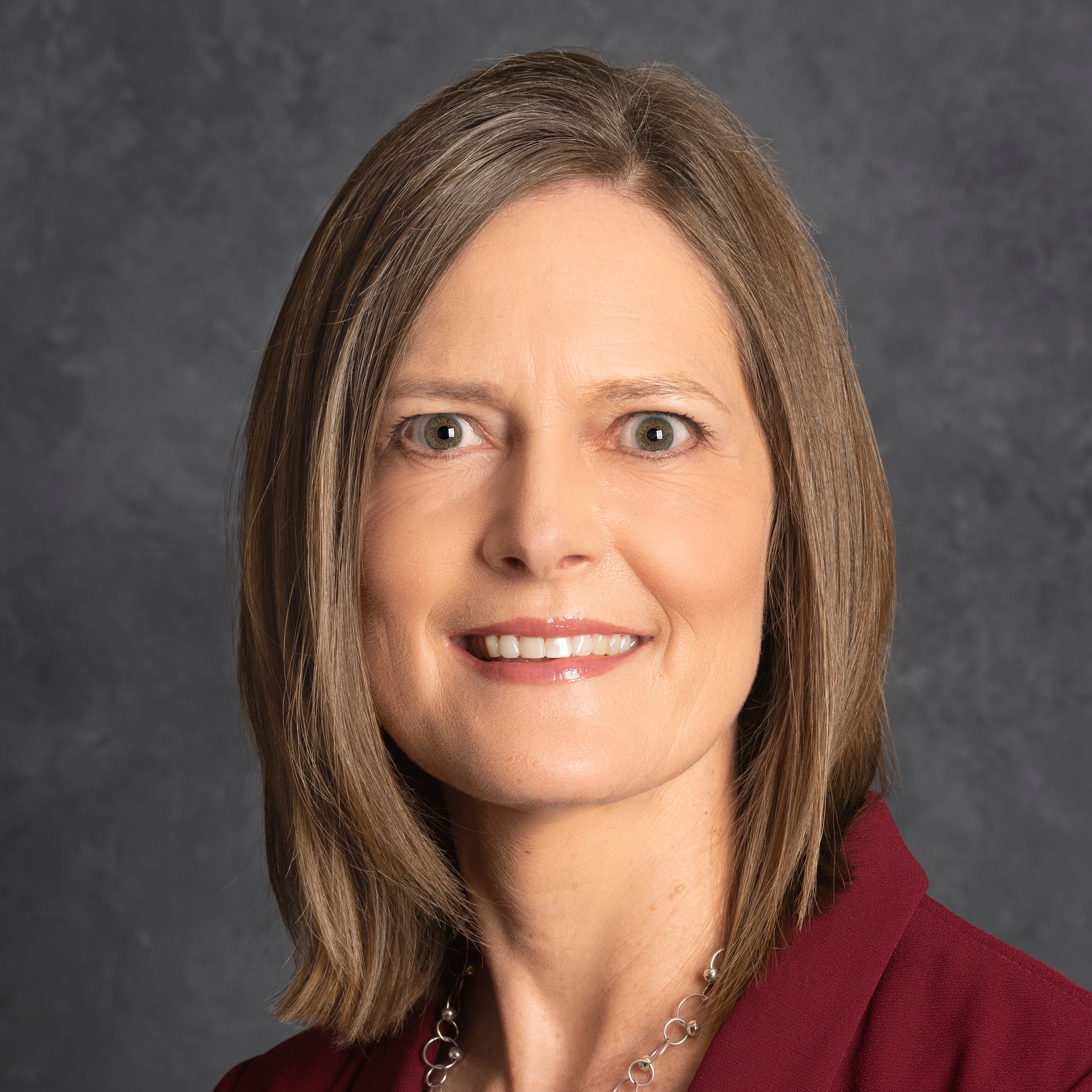 Stacey Bradley, University Organizational Excellence Officer, University of South Carolina Stacey Bradley, University Organizational Excellence Officer, University of South Carolina
Stacey Bradley currently serves as the first Organizational Excellence Officer at the University of South Carolina. Prior to her current role, Stacey held several leadership positions at USC, including Senior Associate Vice President for Student Affairs and Academic Support and Interim Vice President for Development. She also served in a volunteer capacity as the President and CEO of USC’s on-campus childcare center for seven years. Before coming to USC, Stacey worked in Public Accounting and industry. Stacey has an MBA from the University of South Carolina and a Bachelor of Science from the University of Virginia. She is an active member of NCCI, SACUBO, and NACUBO.
< Back to Schedule
Session 1E: Effectively Communicating Financial Information Through Financial Statements | 1 CPE Credit
Description
Hear ways to best convey your institution's financial story. Panelists will provide observations, insights, and recommendations for effectively communicating financial information via audited financial statements for both public and private institutions. Topics will include institutional aid, accounting policies, restrictions, governing board designations, disclosures and/or MD&A, operating performance, programmatic expenses, and endowment information.
Learning Objectives
- Define allowable reporting flexibility.
- Differentiate between functions and programmatic activities.
- Explain how readers may digest financial information.
Speakers
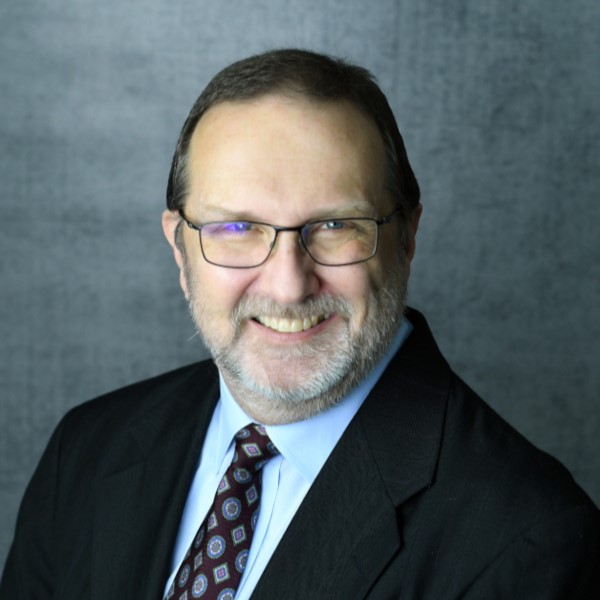 Chris Leach, Accounting Policy Analyst, NACUBO Chris Leach, Accounting Policy Analyst, NACUBO
Chris Leach is Accounting Policy Analyst at NACUBO. In that role, he is a liaison with various NACUBO committees, FASB and GASB, and other groups. He assists with the development of NACUBO accounting guidance and research projects. Prior to that, he served for almost 20 years in controller positions at Texas A&M University-San Antonio and Washburn University. During his time on campus, he was active in NACUBO, SACUBO, and CACUBO, serving in many volunteer roles, including chair of NACUBO's Accounting Principles Council and chair of SACUBO's comprehensive and doctoral institutions constituent committee. Chris also has extensive experience in the private sector, having worked in public accounting with Deloitte & Touche and financial services before moving into the higher education industry. He received both his undergraduate and graduate degrees in accountancy from Mississippi State University, and is a CPA in Mississippi, Louisiana (inactive), and Ohio (inactive). He and his wife DeAnn live outside Columbus, MS with their three dogs, two cats, and the occasional field mouse.
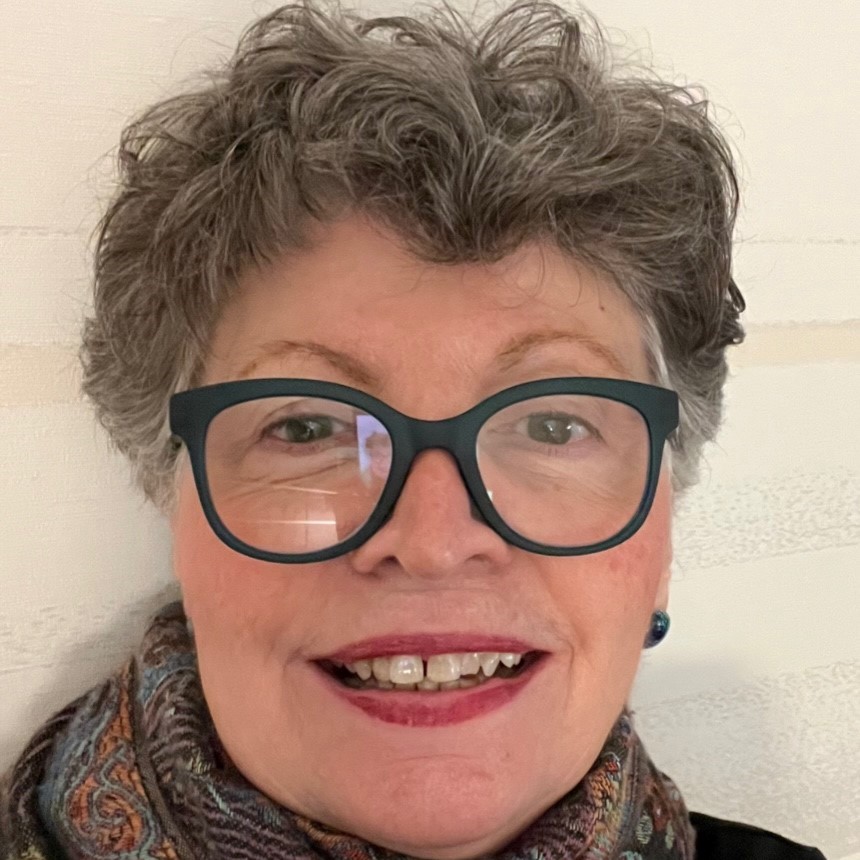 Sue Menditto, Senior Director, Accounting Policy, NACUBO Sue Menditto, Senior Director, Accounting Policy, NACUBO
Sue Menditto is NACUBO’s expert on financial accounting and reporting and financial viability. She is charged with fulfilling higher education advocacy needs with the GASB, FASB, AICPA, and Department of Education. She was appointed to the IPEDS Finance Survey Workgroup as one of its financial reporting experts and will serve from 2023 – 2025. She has also represented higher education on the Governmental Accounting Standards Advisory Council (2006 – 2012), AICPA’s Revenue Recognition Task Force (2016 – 2017), and the Department of Education’s financial responsibility subcommittee (2017-2018). Ms. Menditto informs the association’s accounting policy work; writes communications such as news, advisories, tutorials, and articles; and supports member professional development needs. She has also co-authored chapters of publications addressing accounting, public health, and analytics and regularly speaks on accounting and financial management topics at conferences. Ms. Menditto began her career in public accounting, was a CFO and Controller for a not-for-profit organization, and a vice president for Bank of America where she specialized in change management and accounting policy. She holds degrees in psychology and accounting and is a certified public accountant.
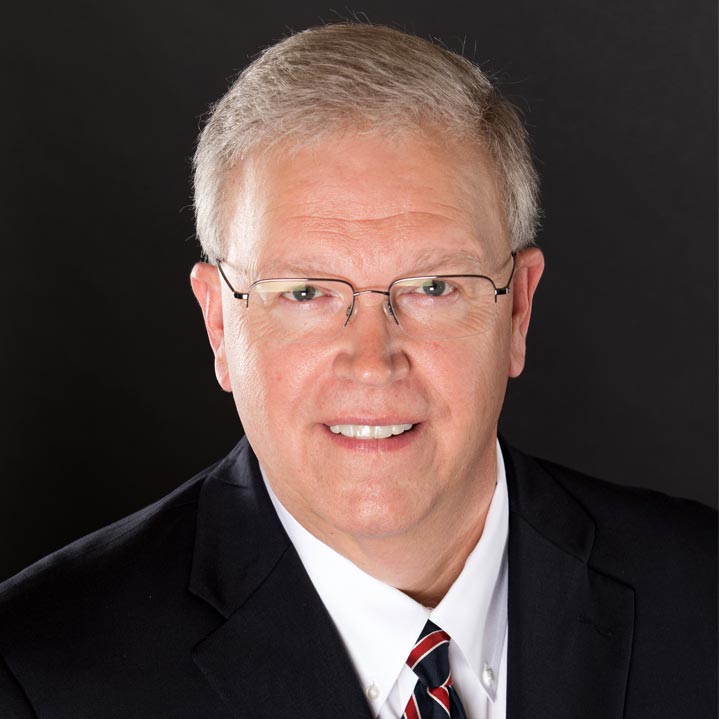 Russ Hannah, Chief Financial Officer, Arkansas State University Russ Hannah, Chief Financial Officer, Arkansas State University
Russ Hannah is the CFO at Arkansas State University. He has worked at A-State for 30 years in various financial roles, including treasurer, controller, assistant vice chancellor for finance, associate vice chancellor for business and finance, and Senior Associate Vice Chancellor for Finance and Associate Chief Financial Officer before assuming his current position in July 2021. Russ holds undergraduate degrees in management and accounting, an MBA, a specialist in community college administration, and a doctorate in educational leadership, all from Arkansas State.He is a CPA, a chartered global management accountant, and a certified governmental financial manager. He currently serves as the chair of NACUBO's board of directors, is a past president of SACUBO, and a former chair of the NACUBO Accounting Principles Council.
|

 Arlyn Burgess, Associate Dean for Administration for School of Data Science, University of Virginia
Arlyn Burgess, Associate Dean for Administration for School of Data Science, University of Virginia Lauren Shirley, Senior Associate, VMDO
Lauren Shirley, Senior Associate, VMDO Zach Sherwin, Director of Enterprise Analytics, Berry College
Zach Sherwin, Director of Enterprise Analytics, Berry College Penny Evans-Plants, Chief Information Officer, Berry College
Penny Evans-Plants, Chief Information Officer, Berry College Krystyna Varnado, Sr AVP and Chief Human Resources Officer, The University of Southern Mississippi
Krystyna Varnado, Sr AVP and Chief Human Resources Officer, The University of Southern Mississippi Wil Crawford, Partner, FORVIS
Wil Crawford, Partner, FORVIS Brandi Renton, Associate Vice President, Business Affairs, University of Florida
Brandi Renton, Associate Vice President, Business Affairs, University of Florida Stacey Bradley, University Organizational Excellence Officer, University of South Carolina
Stacey Bradley, University Organizational Excellence Officer, University of South Carolina  Chris Leach, Accounting Policy Analyst, NACUBO
Chris Leach, Accounting Policy Analyst, NACUBO Sue Menditto, Senior Director, Accounting Policy, NACUBO
Sue Menditto, Senior Director, Accounting Policy, NACUBO Russ Hannah, Chief Financial Officer, Arkansas State University
Russ Hannah, Chief Financial Officer, Arkansas State University